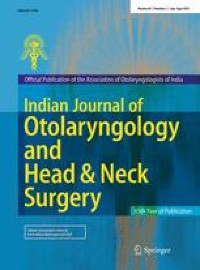Abstract
The rapid emergence of COVID-19 has led to increase in the number of patients requiring prolonged ventilation and tracheostomy. Though global guidelines are evolving, there is a paucity of literature about optimal timing and outcome after tracheostomy in COVID-19 patients. We set out to assess the clinical characteristics and outcome of COVID-19 patients who underwent tracheostomy.This single-center, prospective observational cohort study analyzed all the consecutive tracheostomy performed on COVID-19 patients from April 1 2020 to January 31, 2021. The primary outcome measure was the 30-day mortality rate following tracheostomy and association with various prognostic risk factors. The secondary outcome measures included various tracheostomy-related events, perioperative complications, and decannulation rate.The study included 51 patients with a median age of 52 years and the majority were male (62.74%). 62.74% (32 of 51) tracheostomies were done early (withi n 10 days of intubation) and the mean duration from endotracheal intubation to tracheostomy was 10.27 days. The 30-day mortality rate was 66.66% (34 of 51) with no tracheostomy-related mortality and the mean duration between tracheostomy and death was 8.29 days. The presence of sepsis was associated with a higher rate of mortality (p = 0.002) while the timing of tracheostomy was not related to increased mortality (p = 0.365). The most common perioperative complication was tracheostoma bleeding (16.64%). At a median follow-up of 7.5 months, only four patients were decannulated.Though associated with a higher rate of 30-day mortality rate, tracheostomy among COVID-19 patients is a safe and an effective weaning tool.



No comments:
Post a Comment